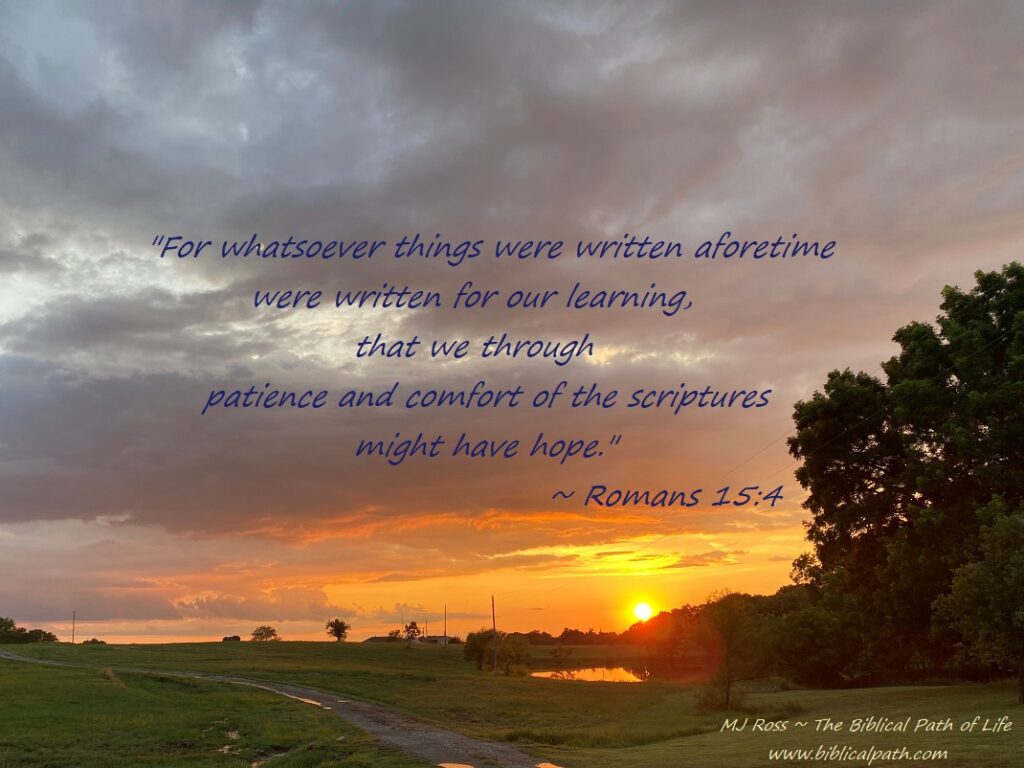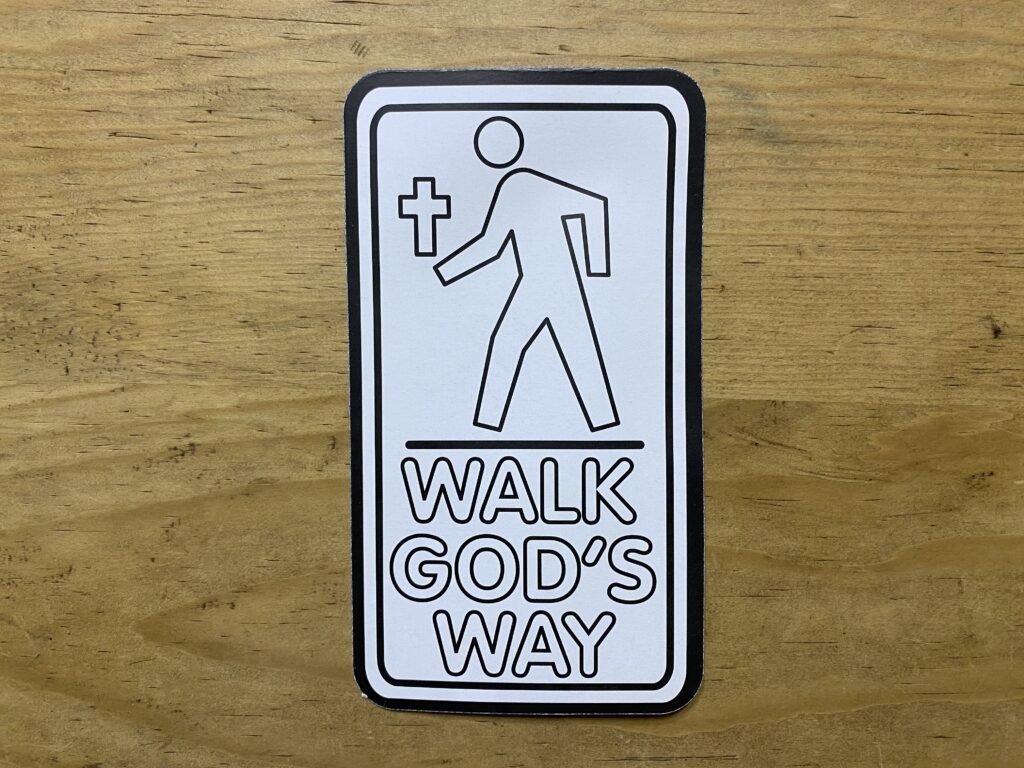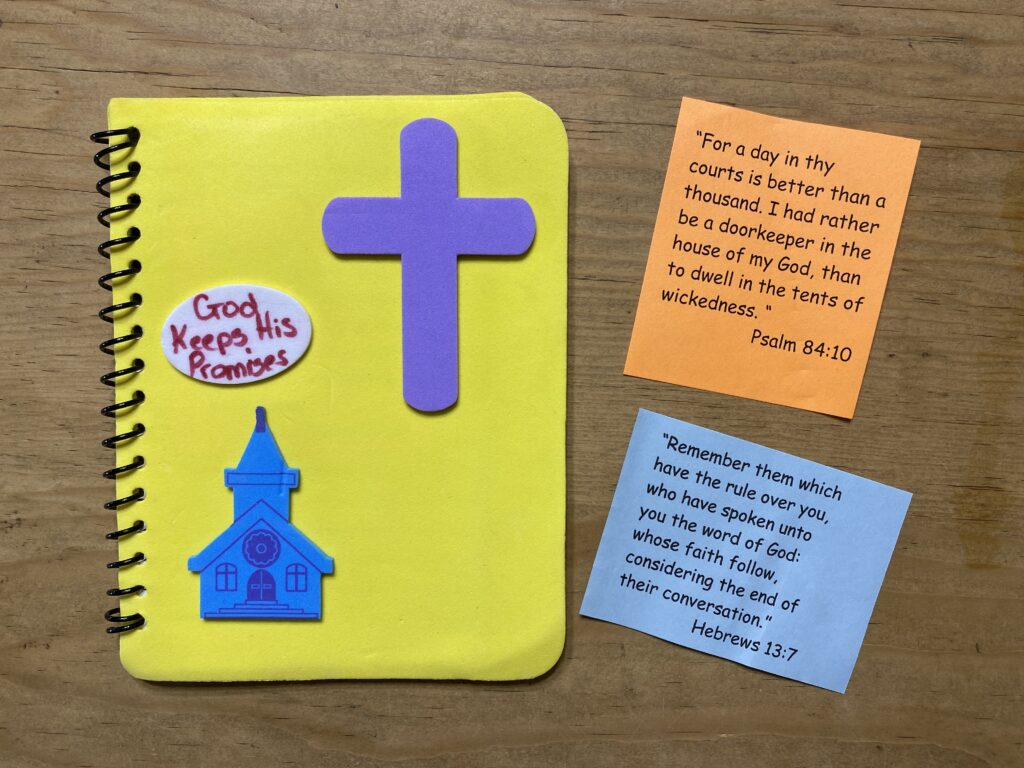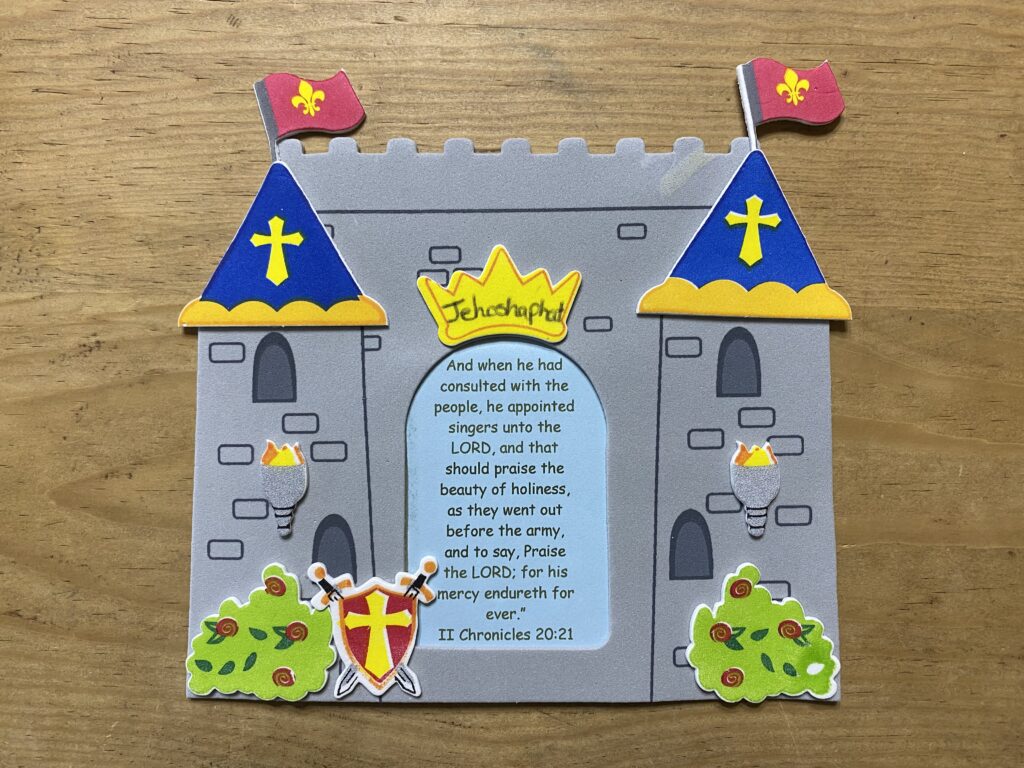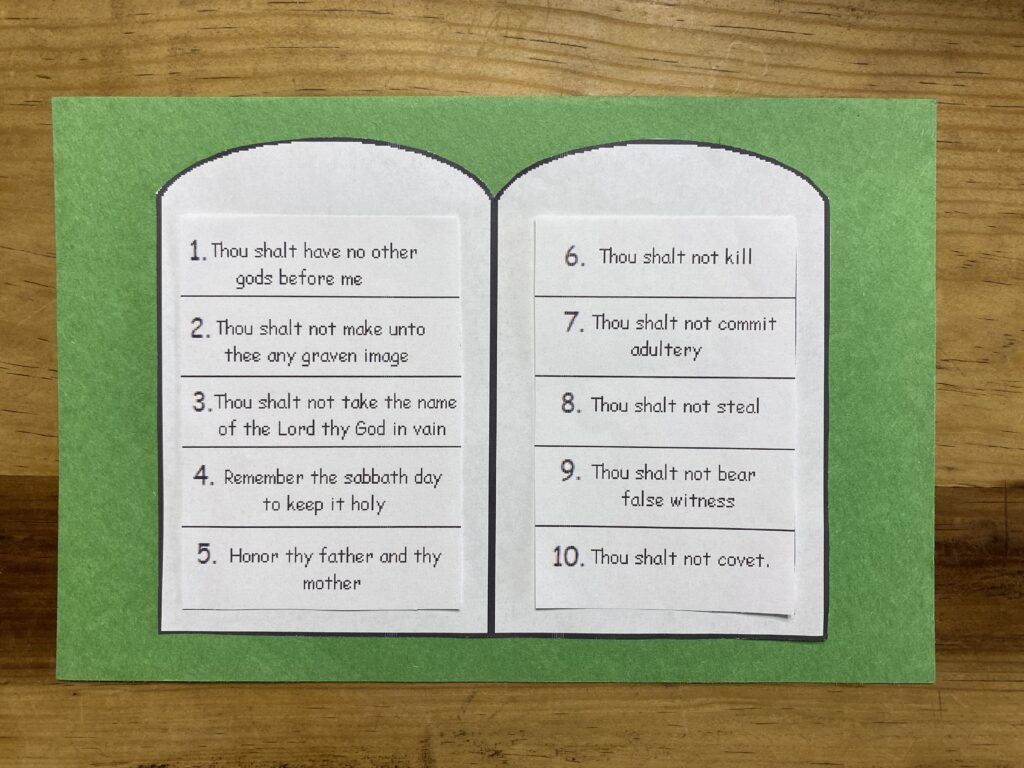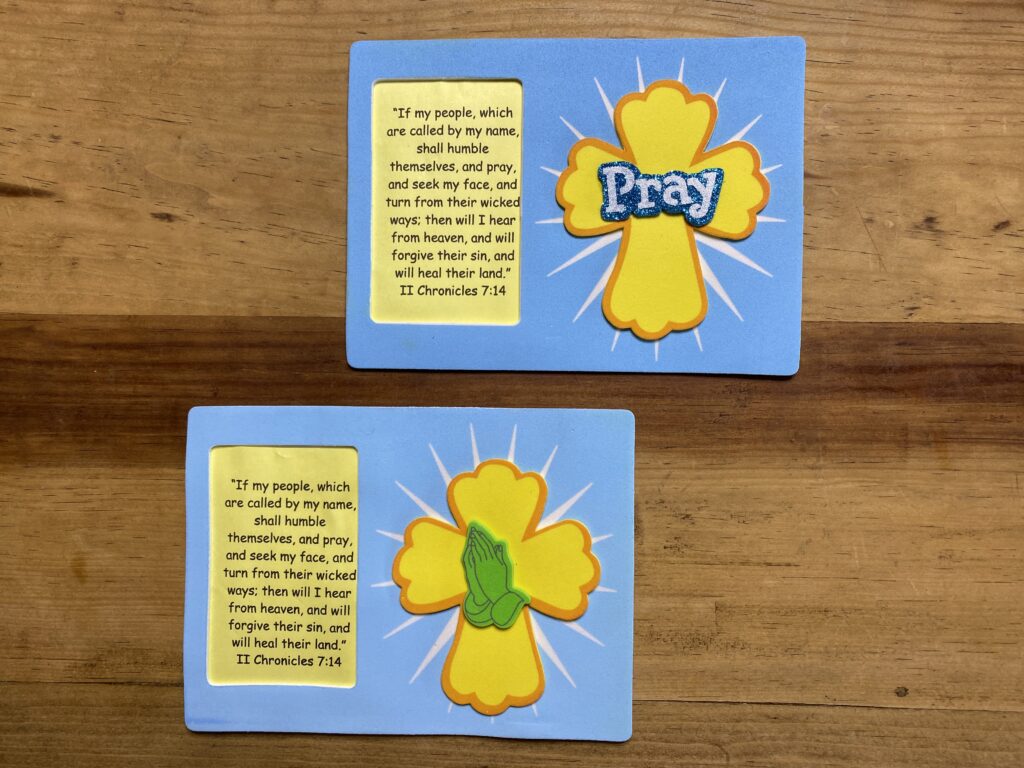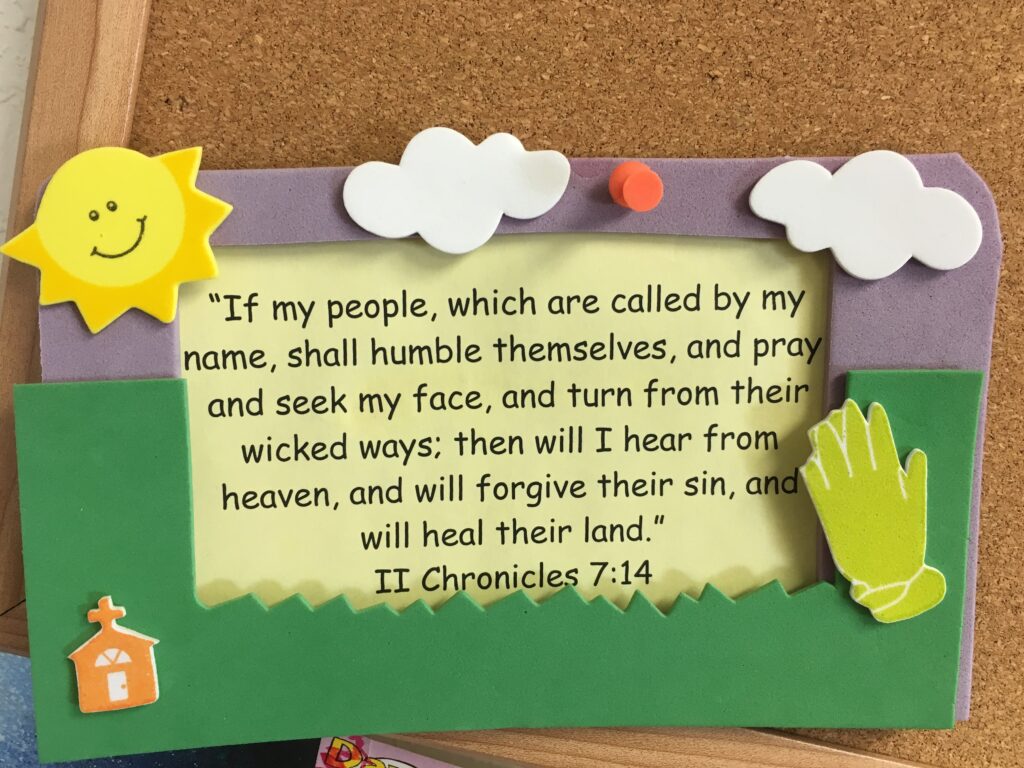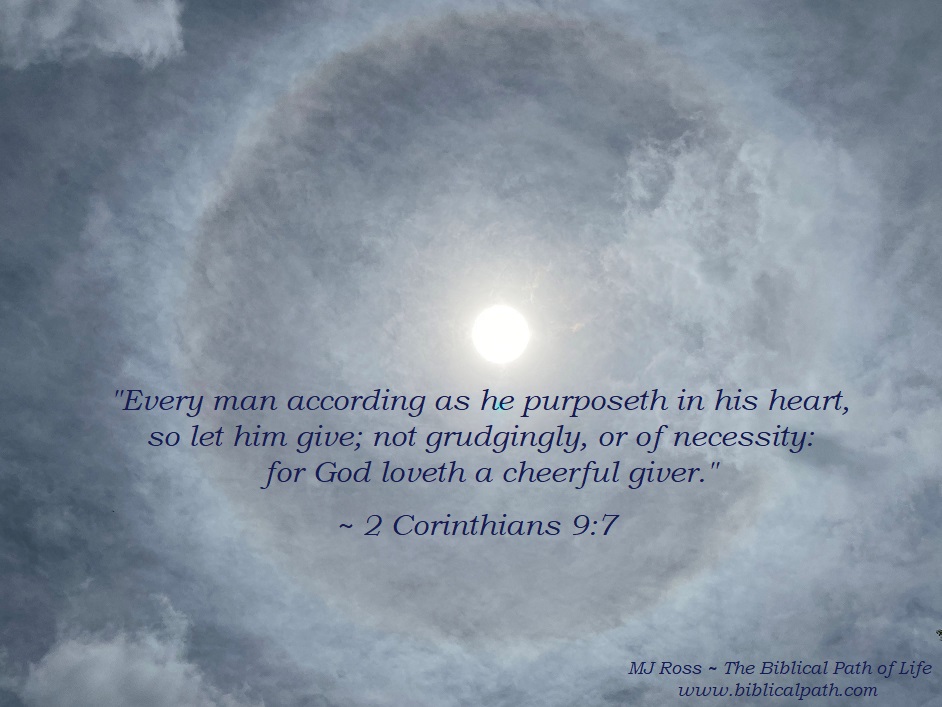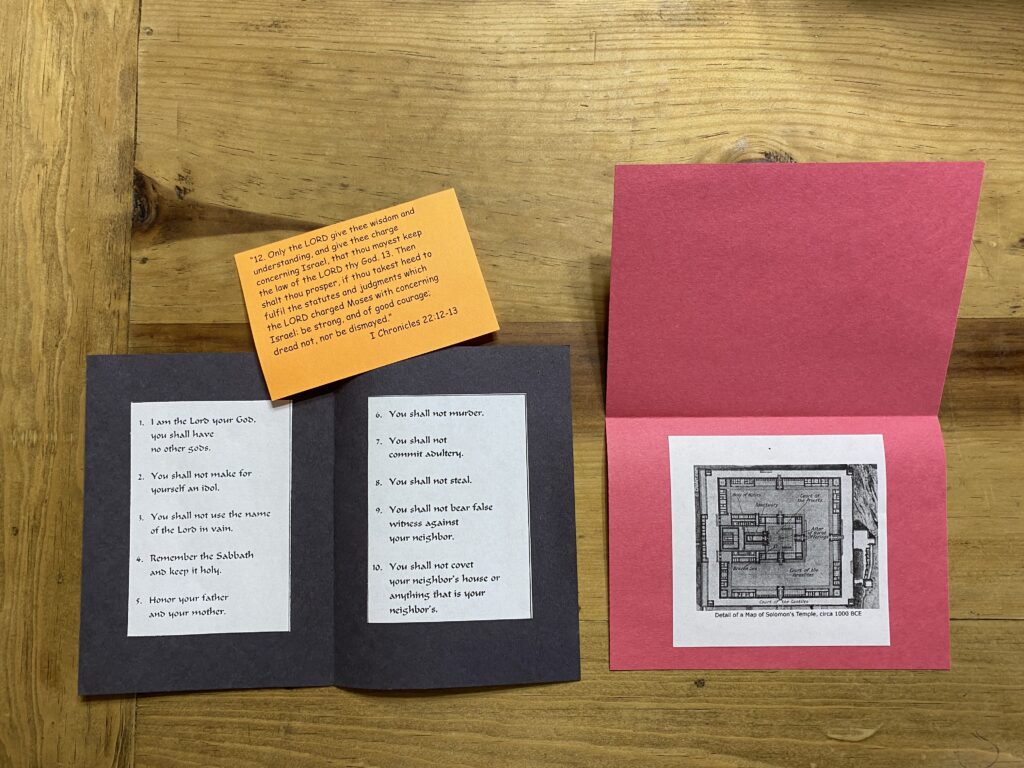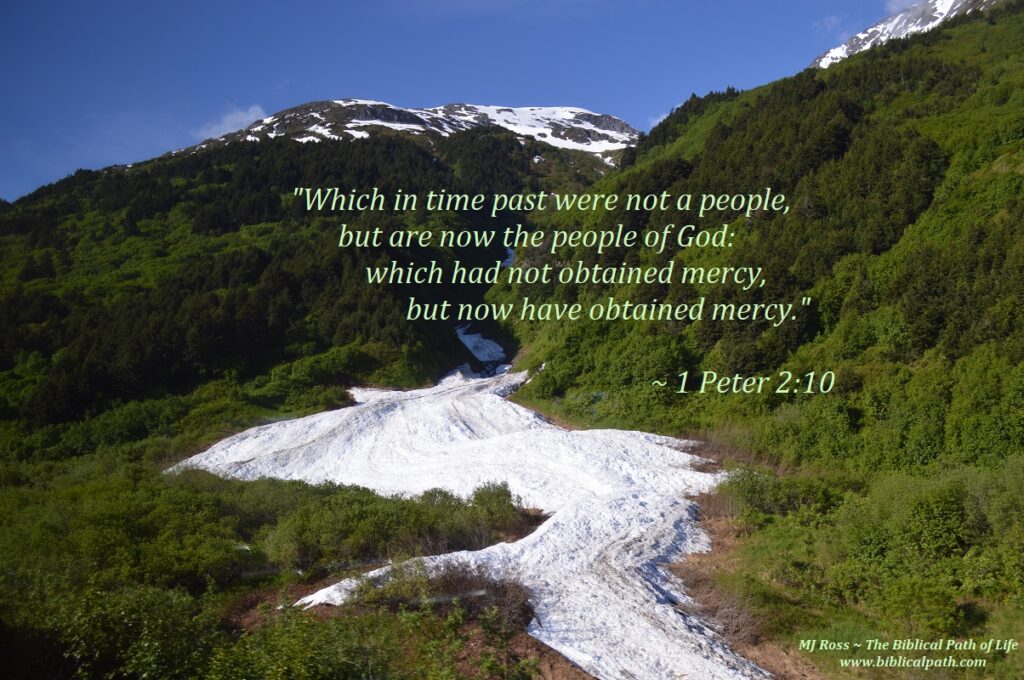
Key Verse
Which in time past were not a people, but are now the people of God: which had not obtained mercy, but now have obtained mercy.
—1 Peter 2:10
Key Verse Thought: Read the key verse. As we began our study of the Southern Kingdom, Judah, we learned that they had very few good kings. Although the good kings sought to please God, they, too, failed. The kingdom did not live up to the plan God had for them. Nevertheless, we will learn today that God had a better plan for His people – to be His people. It was not in obedience to the Law (as they thought), but by His mercy. Mercy means “God’s pity for man in his sin, and which reveals itself in God’s will for man’s salvation.” Today we will see God’s plan was for them to believe in His Son, Jesus. We will also understand that plan was not only for the Israelites, but also for all of mankind.
Emphasis: We are to recognize that just as one man, Adam, brought sin into the world, God sent One, Jesus, to set us free from that sin – free to have eternal life with Him, if we only believe.
Lesson Summary: In this quarter, we have studied the books of the Kings and Chronicles, learning about the scriptures from Adam until King Hezekiah of the kingdom of Judah. We know God created Adam and that Adam sinned, bringing sin upon every man. With that sin came separation from God. However, at the same time, God gave man a promise that He would send one to restore that broken relationship.
We then remember Abraham, and the promise God gave him – the promise of a son through whom all of the world would be blessed (the promise of Jesus). Abraham lived by faith, looking forward to Jesus. He believed the promise God gave, and Abraham was called the friend of God. We are to have the faith of Abraham.
After Moses led the people out of bondage in Egypt, God gave Moses the Law. Without the Law, mankind did not know how sinful they were, or how far they were from God. In that Law, sin was revealed. They also learned that with obedience comes blessing, but with disobedience comes a curse.
As we remembered the kings of Judah, we saw how few good kings there were. We could recognize good kings, for they sought to obey God’s Laws. Nevertheless, at some point, they all failed. It was then that the sin was even worse in the land. After learning of the kings, we learned that it is impossible to obey all of God’s Laws – for people are sinners.
In this lesson, we will learn that, “21. For since by man came death, by man came also the resurrection of the dead. 22. For as in Adam all die, even so in Christ shall all be made alive …” (1 Corinthians 15:21-22).
Y2Q2 – Lesson 13 in full
Y2Q2 – Lesson 13 Children’s Worksheets
If you are teaching this to younger children, the following is a craft idea to go with this lesson:

